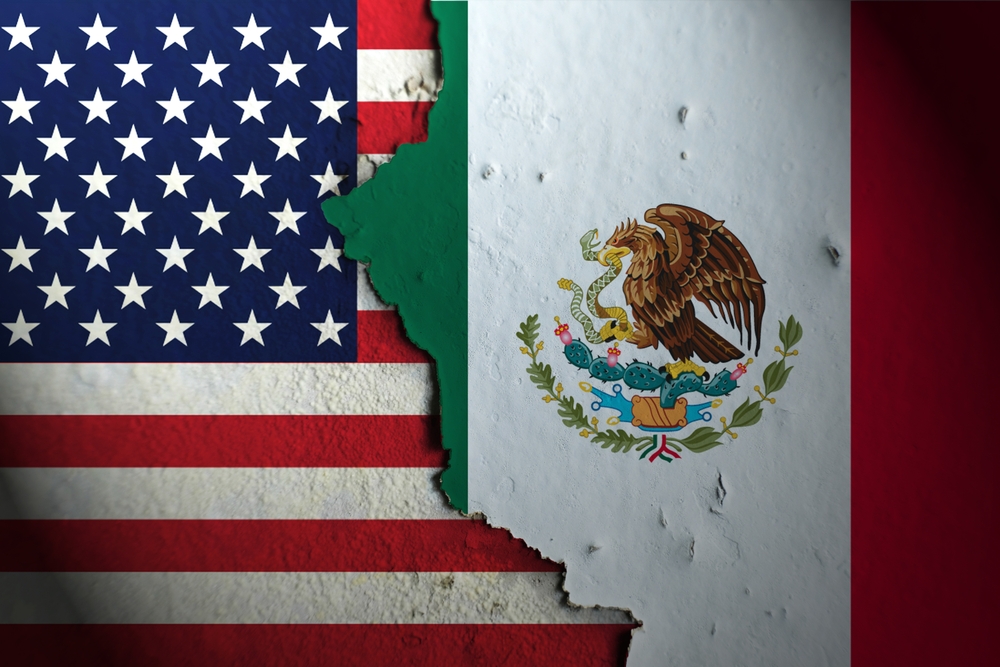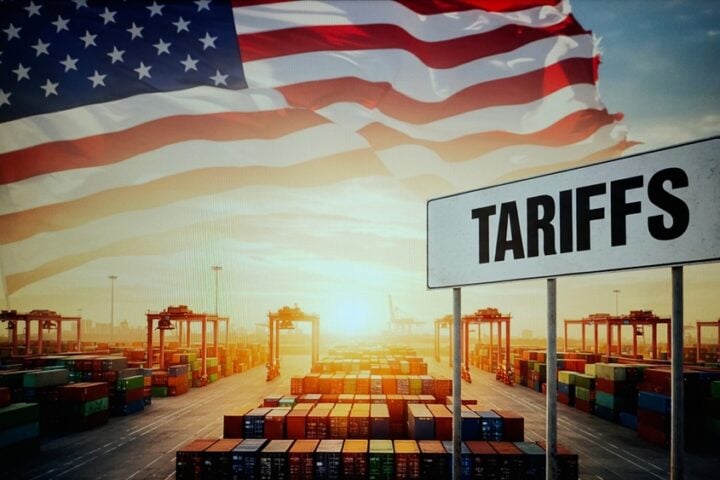Mexican President Claudia Sheinbaum responded firmly on Tuesday to U.S. President-elect Donald Trump’s threats of imposing 25% tariffs on Mexican goods. Trump’s proposed tariffs are part of a broader push to curb the flow of drugs and migrants into the United States. Sheinbaum, however, made it clear that Mexico would not bow to pressure and hinted at retaliatory measures.
A Stand for Equality
Sheinbaum, who assumed office on October 1, emphasized that Mexico would not accept a subordinate role in its dealings with the United States. “We negotiate as equals, there is no subordination here, because we are a great nation,” she stated. While expressing optimism about reaching a resolution, Sheinbaum made it clear that Mexico would defend its interests.
She pointed out that the proposed tariffs could backfire economically, harming industries on both sides of the border. “If tariffs go up, who will it hurt? General Motors,” Sheinbaum said, referencing the deep integration of U.S. and Mexican supply chains in industries like automotive manufacturing.
Mexico’s Efforts on Migration and Drugs
Sheinbaum argued that Mexico has already made significant efforts to stem migration. “Caravans of migrants no longer reach the border,” she noted, adding that the U.S. should focus on addressing the demand for drugs like fentanyl within its borders.
She also criticized the flow of weapons from the U.S. into Mexico, which she described as exacerbating the drug crisis. “The flow of drugs is a problem of public health and consumption in your country’s society,” Sheinbaum said.
A Different Approach to Diplomacy
Sheinbaum’s response signals a shift in tone from her predecessor, Andrés Manuel López Obrador (AMLO), who maintained a cooperative relationship with Trump during his first term. AMLO had negotiated a deal that kept Trump’s tariff threats at bay by tightening border controls and accepting deported migrants from other countries.
In contrast, Sheinbaum, a staunch leftist with a background in student protest movements, appears less inclined to placate Trump. Her rhetoric reflects a more assertive approach to bilateral relations.
Economic Risks of Tariffs
Economists warn that imposing tariffs could have devastating consequences for both countries. The U.S.-Mexico-Canada Agreement (USMCA) prohibits such unilateral tariffs, raising questions about the legality of Trump’s proposal. Additionally, industries on both sides of the border, particularly automotive manufacturing, are deeply intertwined, and tariffs could disrupt supply chains, causing inflation and job losses.
“It is unacceptable and would cause inflation and job losses in Mexico and the United States,” Sheinbaum said, while reiterating her willingness to engage in dialogue.
The Potential for Escalation
Gabriela Siller, director of economic analysis at Banco Base, expressed concerns that Sheinbaum’s strong response could escalate tensions. “Trump may have just tossed the threat out there, as he does. But Mexico’s response, that we’re going to respond to you with tariffs, that will make Trump really impose them,” Siller said.
The situation remains fluid, and while dialogue remains the preferred path, the risk of an economic standoff looms large.
Sheinbaum’s firm stance underscores a new chapter in U.S.-Mexico relations, marked by a more assertive approach from Mexico. As Trump’s proposed tariffs threaten to disrupt economic ties, the stakes are high for both nations. Dialogue, as Sheinbaum emphasized, may be the only way to prevent a damaging trade war.







